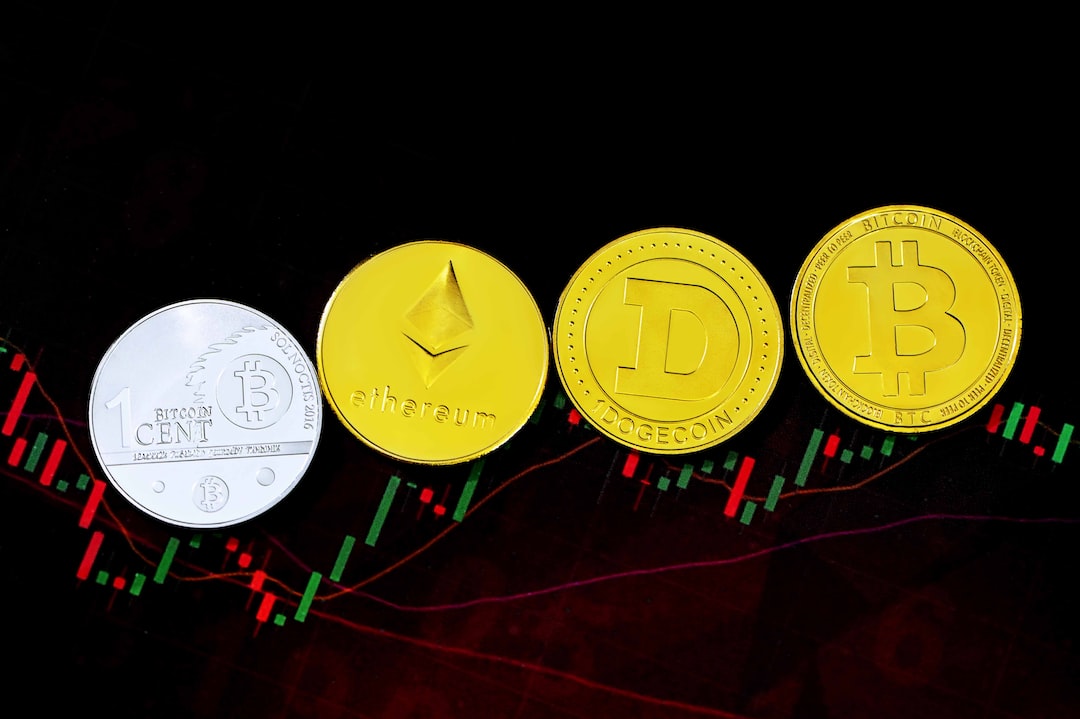Singapore Court Orders Cryptocurrency Lending Platform Hodlnaut to Liquidate
The High Court in Singapore has issued an order for the cryptocurrency lending platform Hodlnaut to go into liquidation. The court document, dated November 10, appoints Aaron Loh Cheng Lee and Ee Meng Yen Angela from EY as the joint liquidators of Hodlnaut. This decision follows their appointment as interim judicial managers in August to oversee the struggling startup.
Hodlnaut suffered significant losses of approximately $190 million due to its investments in the Terra ecosystem, which experienced a dramatic collapse. A judicial report revealed that the company’s directors had not fully disclosed the extent of its engagement with the Terra/Luna platform before and after its downfall in May 2022. This situation placed Hodlnaut alongside other financial entities like Celsius, Voyager Digital, and Three Arrows Capital, which also suffered from their involvement with Terra’s algorithmic stablecoin UST.
The crisis led Hodlnaut to halt customer withdrawals in July 2022, citing market conditions and a need to preserve assets. By August, the Singapore High Court intervened, assigning two interim judicial managers from EY Corporate Advisors to oversee the firm’s restructuring.
Uncertain Future for Hodlnaut Users
When operational, Hodlnaut offered interest rates as high as 12.73% on deposits and now has over 17,000 platform users who are owed funds. With the liquidation order in place, the chances of Hodlnaut users recovering their deposits remain uncertain. The liquidators stated that responding to individual queries may not be practical given the large volume of creditors and plan to provide bulk updates online instead.
Hot Take: Hodlnaut Forced into Liquidation Following Significant Losses
The forced liquidation of Hodlnaut highlights the challenges faced by cryptocurrency platforms when investing in volatile ecosystems like Terra. The lack of disclosure from company directors has left thousands of users in limbo, unsure if they will ever recover their funds. This case serves as a cautionary tale for both cryptocurrency investors and platforms about the risks involved in engaging with unstable assets and ecosystems.





 By
By
 By
By
 By
By

 By
By
 By
By